Encyclopaedia of Indian Paintings
This book is a pioneering effort in bringing to limelight those rare but splendid specimens of the paintings. The author endeavoured to explore the historical and socio-cultural contents of the paintings. What further adds to the value of this book is the picture, which the author have obtained from the relatives authentic sources. The analysis based on that information makes the present study all the more authentic and credible. The present study reveals another and perhaps the latest, efflorescence of the tradition in the Indian region that may unfold new vistas in the study of painting beyond the one area. That consideration, more than anything else, underscores the need to record and rediscover them. Hence this book. From the seventeenth to nineteenth century the patronage of the Rajput rulers of Rajasthan gave rise to a rich profusion of distinctive painting styles, devoted both to the illustration of poetical and religious themes and to royal portraiture and the depiction of court life. This book explore various topics of recent research which throw new light on the major (and some minor) Rajasthani schools of painting. During the eighteenth and nineteenth centuries, Indian artists were commonly employed by the British East India Company and its servants to illustrate the manners and customs of India and to record its many picturesque sights, monuments, deities, festivals, crafts and occupations. Their work, a blend of Indian and British styles, is known 'as 'Company Painting' and is represented in the Victoria and Albert Museum by over 2,600 examples. Folk Paintings is profusely illustrated and annotated with text and pictures. Descriptive analysis of the works are other special features of this book. This book is richly illustrated and accompanied by an extensive bibliography and index.
BECOME A MEMBER

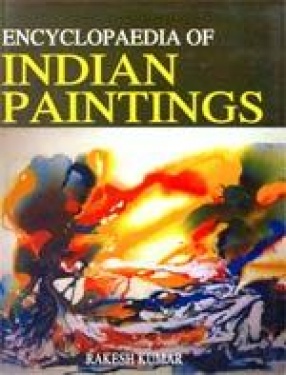
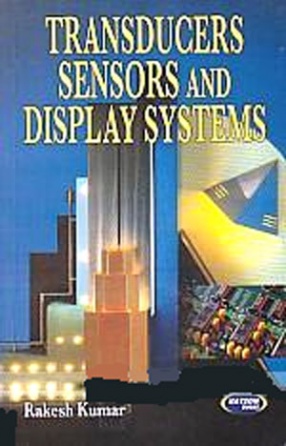
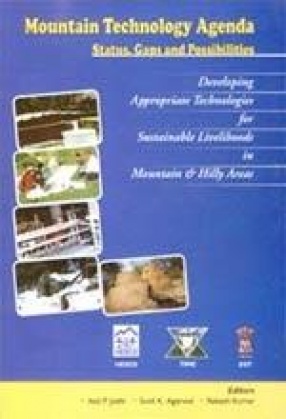
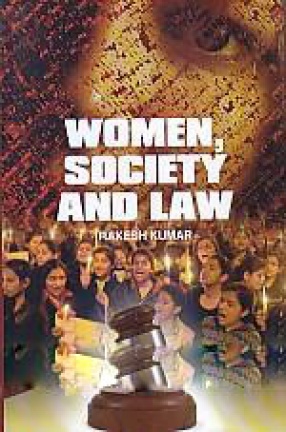
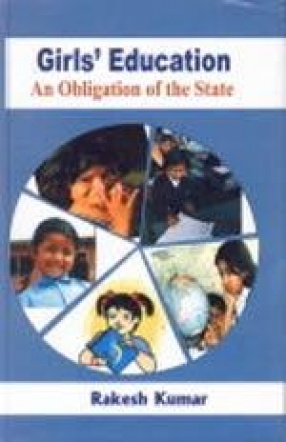
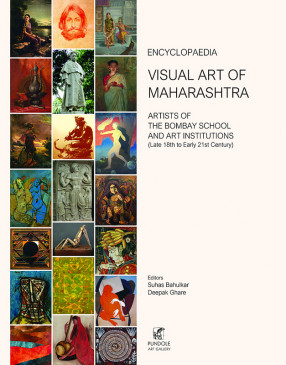
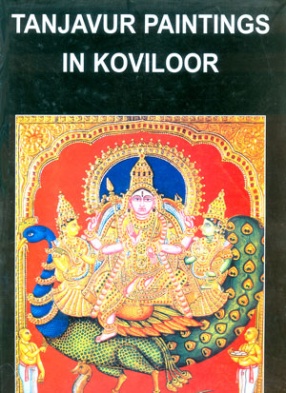
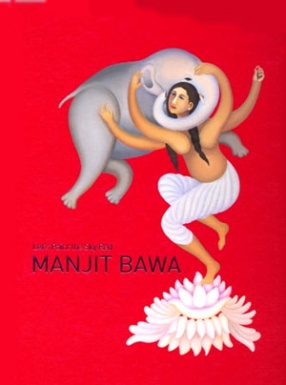
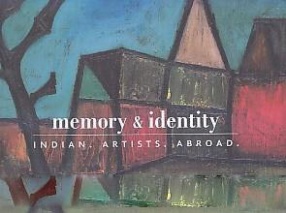

Bibliographic information